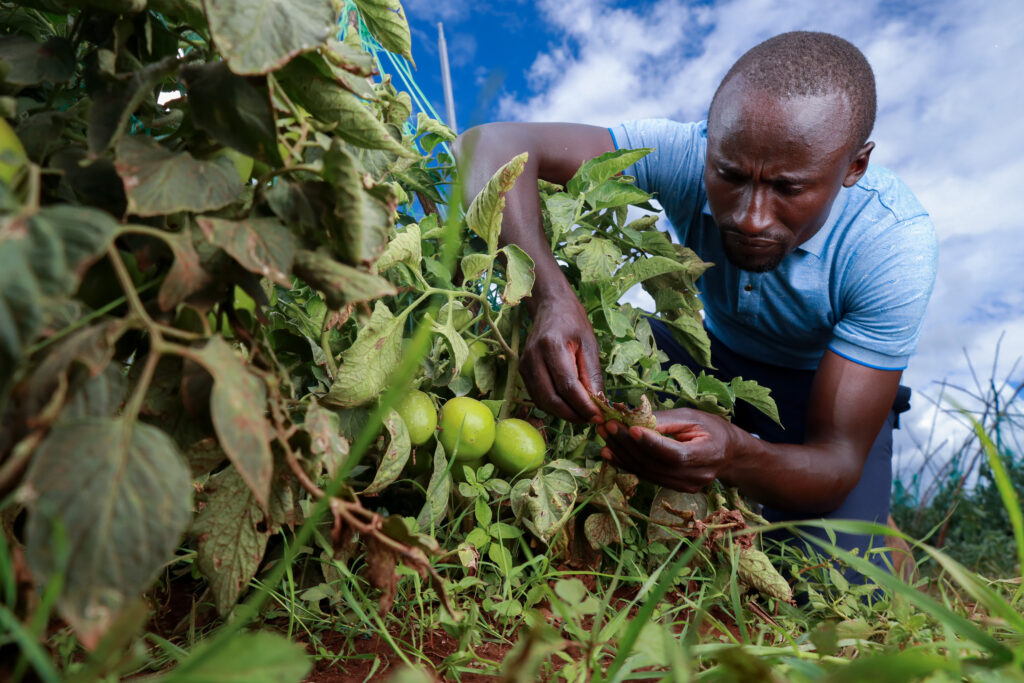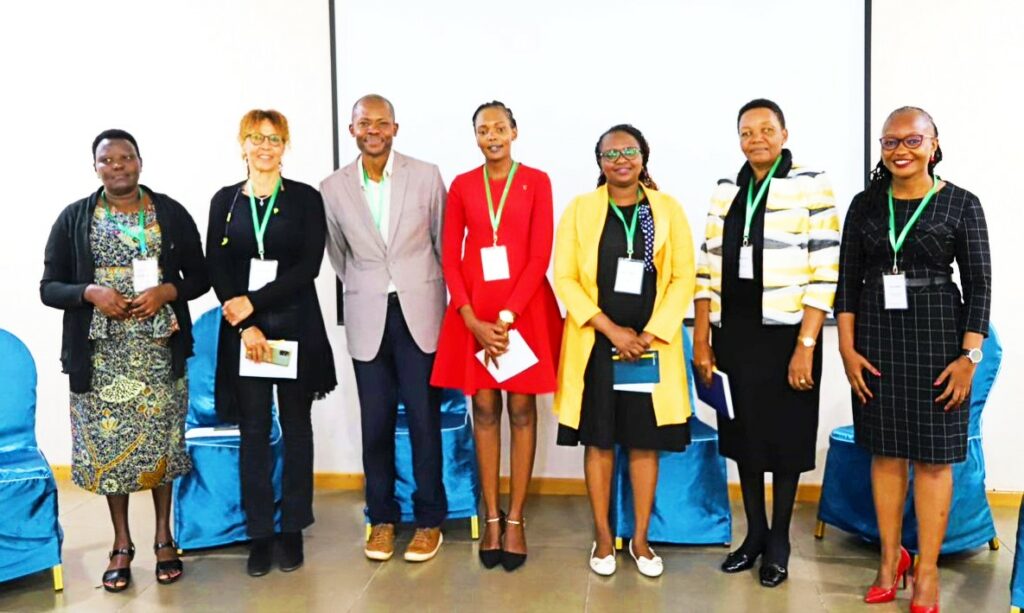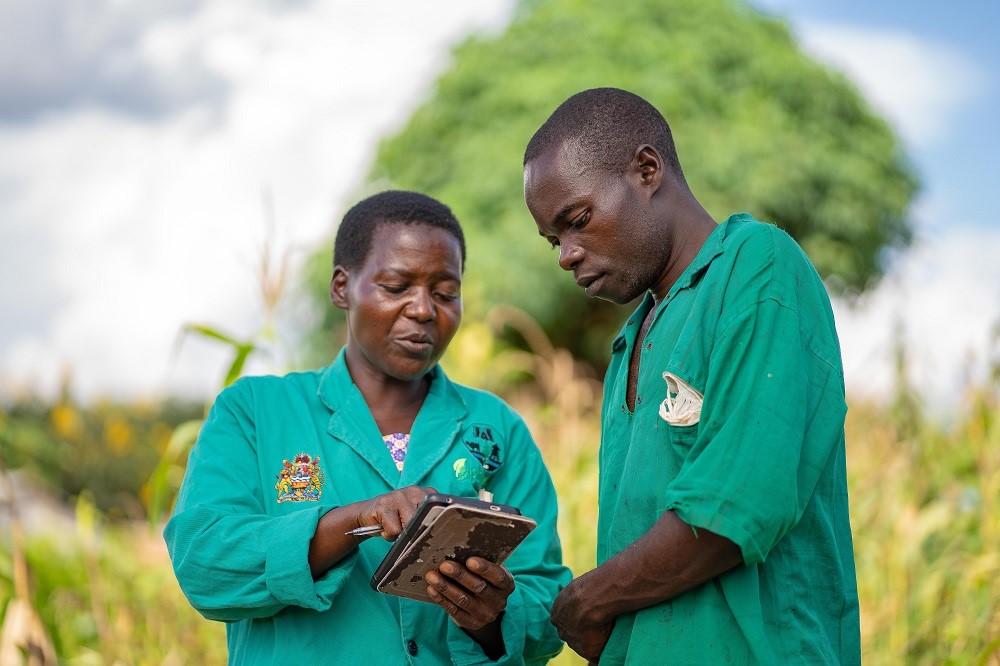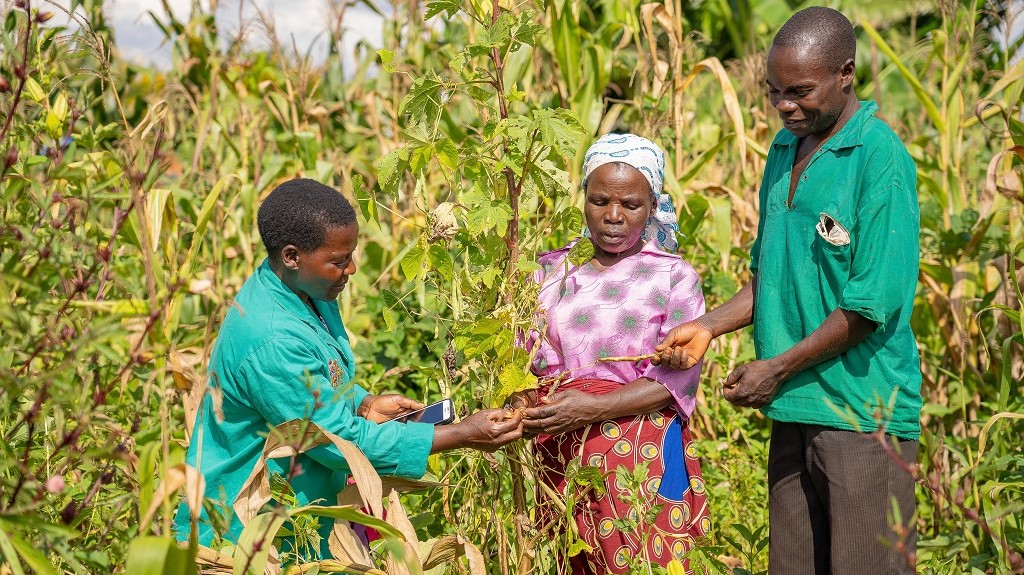Early pest warnings and IPM advice are improving food security for maize farmers in Ghana
Pest warnings are changing the way that smallholders in Ghana farm. Smallholder maize farmers in Ghana have long grappled with the challenges posed by crop pests. Over the past few years, this has included the notorious fall armyworm. This voracious invader has, in the past, led to significant crop losses. And the losses have impacted…
Benefits of Pest Risk Information Service highlighted at CODATA Virtual SciDataCon
The benefits of the CABI-led Pest Risk Information Service (PRISE) in helping smallholder farmers mitigate crop pests outbreaks, thereby boosting their yields and livelihoods, have been highlighted at the CODATA Virtual SciDataCon 2021.
Successful PRISE-FRT radio campaign promotes IPM to farmers in Malawi
The PRISE project has carried out a successful radio and SMS campaign targeting maize, tomato and bean smallholder farmers in Malawi. In collaboration with Farm Radio Trust (FRT) the campaign was developed in late 2020 to disseminate the PRISE pest alert forecasts to rural farmers in Mchinji and Balaka districts and promote the uptake of…
PRISE is seeking partners in dissemination and crowdsourcing
The Pest Risk Information Service (PRISE) has published request for proposals (RFP) for partners in Ghana, Kenya, Malawi, and Zambia. PRISE (prise.org) helps to improve the livelihoods of smallholder farmers by reducing crop losses caused by pests across four-sub Saharan African countries.
PRISE project supporting Plant Doctor training in Malawi
In early December 2019, the Pest Risk Information Service (PRISE) project ran a series of workshops across Malawi to engage with Plantwise Plant Doctors on new pest risk forecast bulletins as well as to provide pest identification training to all Plantwise extension workers.
‘$10bn to feed 10 billion by 2050’, CABI tells AGRF
CABI has told the African Green Revolution Forum (AGRF) 2019 that investment in agritech needs to double to at least $10bn a year if the world’s smallholder farmers are to help feed a global population expected to reach 10 billion by 2050. Dr Dennis Rangi, CABI’s Director General, Development, speaking as part of a panel discussion on…
Crop-devastating pests in Rwanda to be targeted with space-age technology from PRISE programme
Pests, which threaten to destroy key cash and food security crops including maize, tomato and beans, are to be prioritized as part of an integrated pest management strategy using state-of-the-art space-age technology. Scores of smallholder farmers in Rwanda are the latest to benefit from the CABI-led consortium, funded by the UK Space Agency and the Global Challenges Research…
Farmers in Malawi to benefit from space-age technology in fight against devastating crop pests
Farmers in Malawi are the latest to benefit from a CABI-led consortium, funded by the UK Space Agency, which is providing a Pest Risk Information Service (PRISE) to fight pest outbreaks that could devastate crops and livelihoods across the country. The service, which uses state-of-the-art technology to help inform farmers in sub-Saharan Africa – including Zambia, Ghana and…










